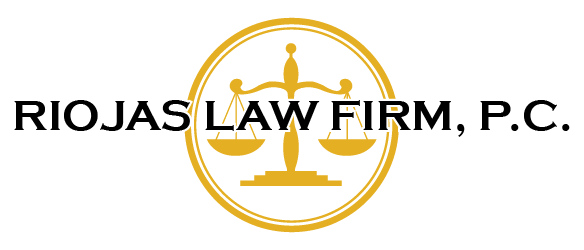There are certain restrictions to who may file a workplace discrimination charge, depending on the exact type of claim to be filed. There are, for example, requirements that there be a certain number of employees for certain types of claims. There are certain requirements that you had to have worked for a certain employer for a certain period of time, if you want to seek protection under a certain type of act. It’s something that you really need to talk to an experienced attorney about and sometimes it can be more than one claim. Generally speaking, if you are an employee, you’re protected under both state and federal laws, depending on how long you’ve worked there and the size of the employer.
What Are The Laws That Protect Employees From Discrimination?
Discrimination laws vary from state to state, unlike federal laws. There are a host of those that are well known by most people. These laws are in place to prevent discrimination against age, race and ethnicity. The laws from state to state vary, in some cases significantly. For example, Texas does not protect against gender discrimination whereas New Mexico does. Each state has their own agencies that the complaint needs to be submitted to before there is any sort of formal lawsuit or litigation against the employer. Even some municipalities have their own laws regarding discrimination and they’re very complex. Most discrimination cases involve disability discrimination or retaliation for reporting work injuries.
What Remedies Are Available If Workplace Discrimination Is Proven In Court?
The remedies available can vary, depending on which law you are seeking protection under. Most of these laws have rehire claims, where you can ask to be rehired. There are formal mediation processes. In some cases, there is an offer of rehire. If there’s no resolution, then the damages that are available will depend on the specific laws that the employee is suing under. Typically, those include front pay and back pay for lost earnings. It includes attorney fees, in many cases. It also involves, in some cases, additional damages, depending on if there has been some wrongdoing. The laws of most states require employees to engage in efforts to mitigate their damages, meaning they have to continue to look for re-employment. In some cases, the mental anguish or financial stress associated with the lack of income will be included in the damages.
For more information on Filing A Workplace Discrimination Charge, a free initial consultation is your next best step. Get the information and legal answers you are seeking by calling [number] today.

